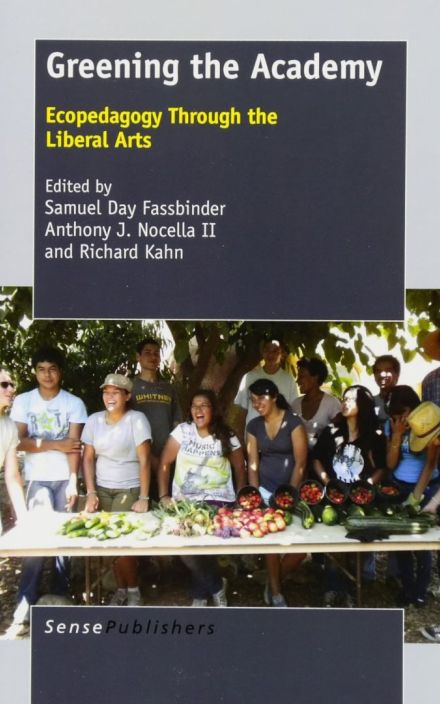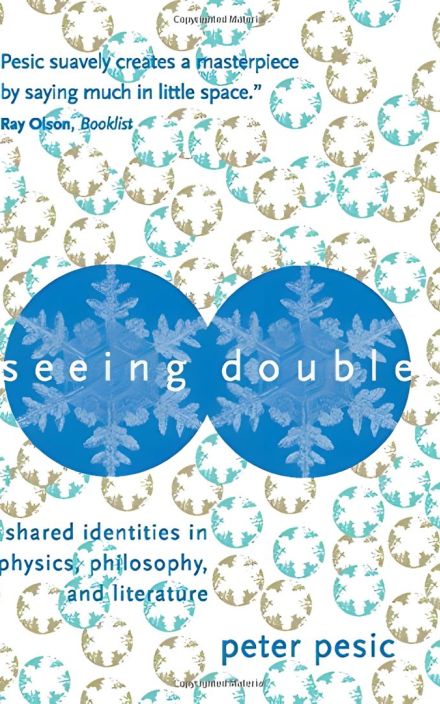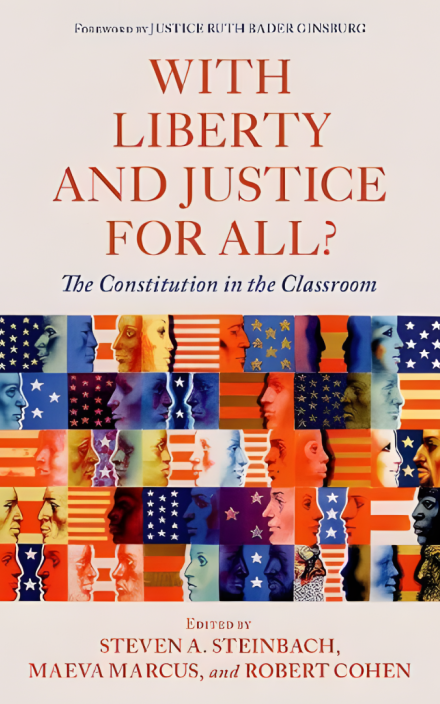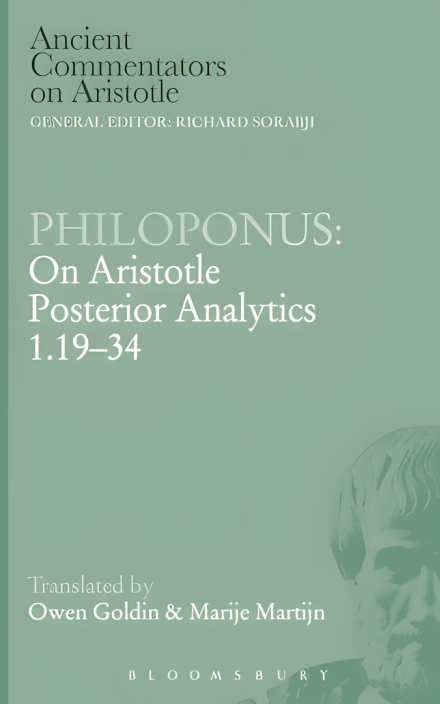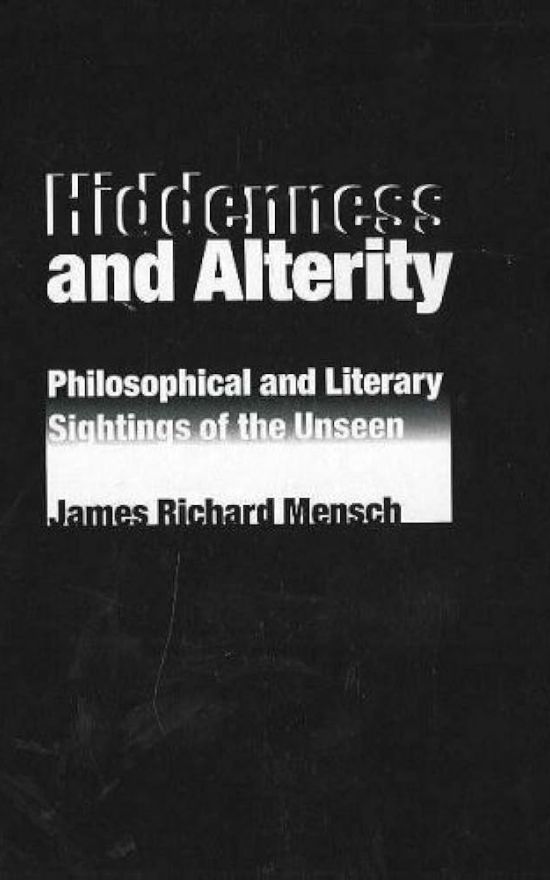
Hiddenness and Alterity: Philosophical and Literary Sightings of the Unseen
In spite of the injunction of philosophy to “know oneself,” we realize that we often act from motives that are obscure; we realize that we often do not fully understand how we feel or react. In short, we understand ourselves as not completely knowable. In attempting to know ourselves, we recognize that some aspects of ourselves – not unlike when we try to know others – are hidden from us. In Hiddenness and Alterity, Mensch seeks to define how the hidden shows itself. In pursuing this issue, Mensch also raises a parallel one regarding the nature and origin of our self-concealment. In developing the theme of the exceeding quality of selfhood, in which part of our self is truly “other,” Mensch presents a unified theory of alterity. He examines how our acknowledgment (and suppression) of the other shapes our thought in ethics, politics, epistemology and theology. Further, he demonstrates such “sightings of the unseen” through original readings of the major figures of the phenomenological movement: Husserl, Levinas, Heidegger, Merleau-Ponty, Derrida, Nietzsche, Lacan and Fackenheim. He draws further on works by Herman Melville and Joseph Conrad to examine the inherent alterity of our flesh and its implications for the ways in which we relate to the world around us.



